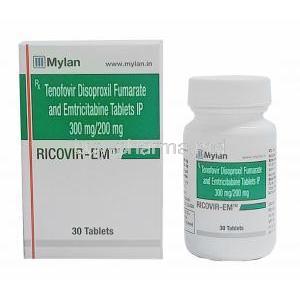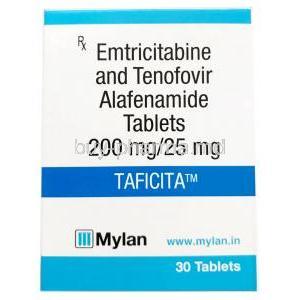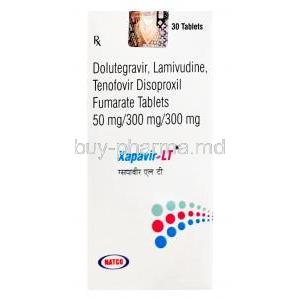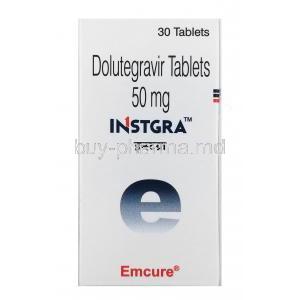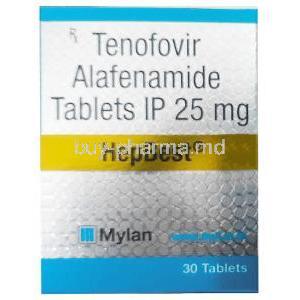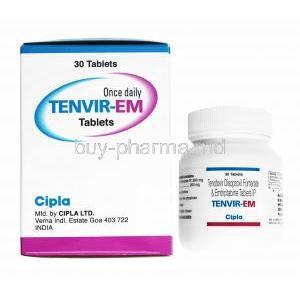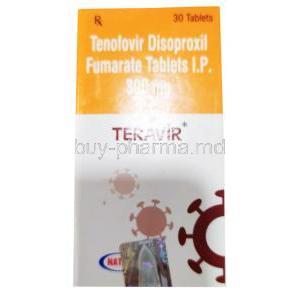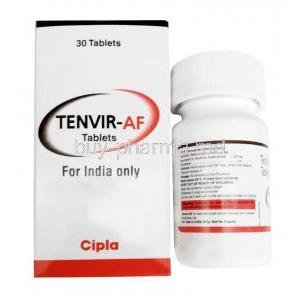Epivir Oral Solution
- What is Epivir Oral Solution
- Â
- Uses of Epivir Oral Solution
- Â
- How Epivir Oral Solution Works
- Â
- Dosage and Administration
- Â
- What is the Composition of Epivir Oral Solution
- Â
- Side Effects of Epivir Oral Solution
- Â
- Common Side Effects
- Â
- Storage of Epivir Oral Solution
- Interaction with Other Medications
- Â
- Warnings and Precautions
- Â
- Contraindications
- Â
- Careful Administration
- Â
- Administration to Elderly Patients
- Â
- Administration to Pregnant Women and Nursing Mothers
- Â
- Administration to Children
- Â
- Overdosage
- Â
- Handling Precautions
What is Epivir Oral Solution
Overview of Epivir Oral Solution
Epivir Oral Solution, a medicine containing lamivudine as its active component, plays a crucial role in antiretroviral treatment. This medication is tailored for use, especially for patients who may encounter challenges with solid pills.
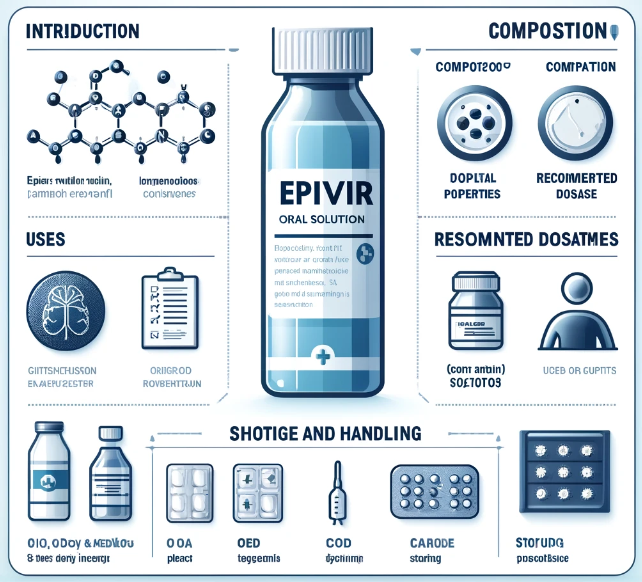
Importance in Treating HIV-1 Infection
The importance of Epivir in fighting HIV 1 infection cannot be overstated. By acting as a reverse transcriptase inhibitor, it stops the virus from multiplying in the body, which is crucial:
- Controlling viral levels and strengthening the immune system
- Medication helps decrease replication and boost CD4 cell numbers
- Slow down the development of HIV symptoms and related issues
Brief History and Development
In the 1980s, scientists created Lamivudine, the critical component of Epivir, which became a groundbreaking substance in combating HIV. Its discovery represented an advancement in antiretroviral treatment, providing fresh optimism for individuals affected by the virus.
Uses of Epivir Oral Solution
Primary Use: Treatment of HIV-1 Infection in Adults
Mainly, Epivir Oral Solution is typically recommended for managing HIV-1 infection in adults. It is commonly combined with antiretroviral medications as part of a complete treatment plan to lower viral levels and sustain viral control.
Use in Pediatric Patients
Epivir Oral Solution plays a role in pediatric healthcare by providing a valuable treatment option. The liquid formulation benefits babies and young kids, allowing dosing adjustments to match their changing bodies and weights.
Off-label Uses of Epivir Oral Solution
In situations where it is not officially sanctioned, healthcare providers may occasionally recommend Epivir Oral Solution for purposes other than those it was originally intended for. These off-label applications demand evaluation of the advantages and possible drawbacks to guarantee the well-being of the patient at all times.
Treatment of Hepatitis B
Epivir is not practical in managing HIV but also shows promise in treating Hepatitis B, a severe liver infection. This dual functionality makes it valuable in settings where both HIV and Hepatitis B are commonly present. Ultimately, Epivir Oral Solution stands out as a medication that can change the trajectory of chronic viral infections and enhance the well-being of individuals dealing with these conditions.
How Epivir Oral Solution Works
Mechanism of Action
Epivir Oral Solution works as a nucleoside reverse transcriptase inhibitor (NRTI). By imitating nucleosides, it becomes part of the viral DNA chain created during replication, leading to early termination and stopping the virus from replicating.
Pharmacokinetics and Pharmacodynamics
The way Epivir works in the body shows that it gets absorbed quickly and reaches its levels in the bloodstream within one to two hours. It stays active for a certain amount of time, allowing people to take it twice daily to control the virus. In terms of how it works against RNA and DNA production, this drug keeps steady levels in the bloodstream, which is essential for its effectiveness.
- When taken orally, this drug is easily absorbed by the body and spreads efficiently throughout areas.
- It doesn't interfere much with certain enzymes that can affect other medications.
Benefits of Epivir Oral Solution in HIV Treatment
Epivir oral solution formulation has benefits, such as making dosing easier and ensuring effective management of viral load in a way that suits people of all ages. Reducing HIV-related health issues dramatically improves the life expectancy and quality of life for individuals with HIV.
Dosage and Administration
Recommended Dosage for Adults
Adults with HIV 1 infection should take Epivir Oral Solution at a dose of 300 mg split into two doses of 150 mg each. The dosage may be changed depending on how the individual responds to treatment and their ability to tolerate it.
Pediatric Dosage Guidelines
When determining the dosage of Epivir for children, healthcare providers consider the child's weight and the seriousness of their condition. Usually, the prescribed amount falls within the range of 4 to 10 milligrams per kilogram of body weight each day, with a daily limit of 300 milligrams split into two separate doses.
Administration Guidelines
For the results, it's essential to consistently take Epivir Oral Solution as directed whether you have eaten or not. Using a measuring tool to measure the dose accurately is crucial to prevent mistakes in dosing.
Adjustments for Renal Impairment
Patients with kidney problems may need to have their Epivir dosage adjusted to avoid the drug building up in their system and causing harm. The amount of adjustment required depends on the patient's creatinine clearance level, highlighting the importance of monitoring and tailoring dosages for each individual.
What is the Composition of Epivir Oral Solution
Active Ingredients
The main component in Epivir Oral Solution is lamivudine, a man-made nucleoside analog. When used in treatment, lamivudine plays a vital role in blocking reverse transcriptase, an essential enzyme for the replication of the virus in people with HIV.
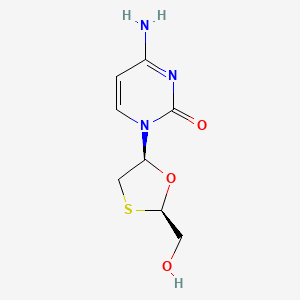
Inactive Ingredients
Besides lamivudine, Epivir Oral Solution has inactive components that help maintain the medication's stability, taste, and absorption. These include;
- Methylparaben and propylparaben act as preservatives to preserve the integrity of the solution.
- Sucrose enhances the taste for both adult patients.
- Artificial flavors are added to enhance the flavor and encourage adherence, which is particularly important in pediatric cases.
Available Formulations and Strengths
Epivir Oral Solution comes in a 240 mL bottle containing 10 mg/mL of lamivudine. It's crafted to provide dosing choices that meet various patient needs and allow for accurate dose modifications crucial for effective HIV treatment. This thought-out Epivir formula not only guarantees effectiveness in HIV therapy but also promotes user adherence thanks to its customized design, which serves different patient populations with different treatment needs.
Side Effects of Epivir Oral Solution
Common Side Effects
Epivir Oral Solution, similar to any medicine, may lead to side effects. The common adverse effects are usually mild and can be handled. These may consist of;
- Issues like nausea and diarrhea are usually temporary.
- Neurological reactions such as headaches and occasional tiredness may affect daily routines but often improve with ongoing use.
- Breathing problems, like nasal congestion and coughing.
- Minor skin rashes that might need monitoring to prevent worsening.
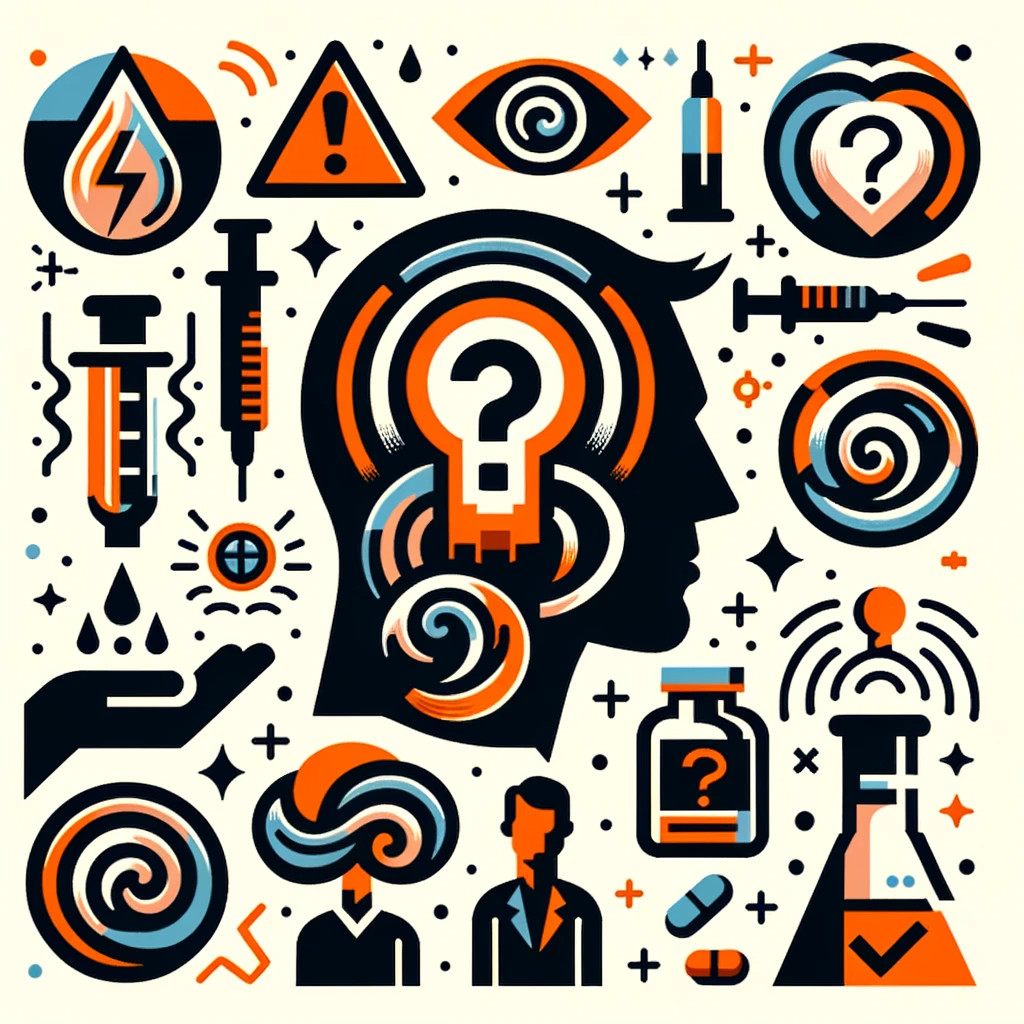
Serious Side Effects
Some severe side effects of Epivir require medical attention due to their seriousness. These include;
- Lactic acidosis, a severe condition characterized by an increase in lactic acid levels can be life threatening.
- Liver enlargement (hepatomegaly) with fat accumulation is especially problematic in patients co-infected with hepatitis B or C.
- Severe allergic reactions presenting as swelling, breathing difficulties or anaphylaxis.
- Pancreatitis, although uncommon, can be severe and necessitates immediate treatment cessation.
Long-term Effects and Monitoring
Continuous monitoring is crucial during the use of Epivir to watch out for lasting impacts like an increased risk of liver disease, especially:
- Individuals with existing liver issues or coexisting hepatitis infection.
- There could also be metabolic changes leading to shifts in body distribution and lipid levels.
It's important to have checkups and lab tests to catch these effects early on and handle them properly.
Common Side Effects
Gastrointestinal Issues (Nausea, Diarrhea)
Nausea and diarrhea are digestive issues linked to Epivir Oral Solution. Typically, these symptoms are mild and can be alleviated with diet changes and staying hydrated.
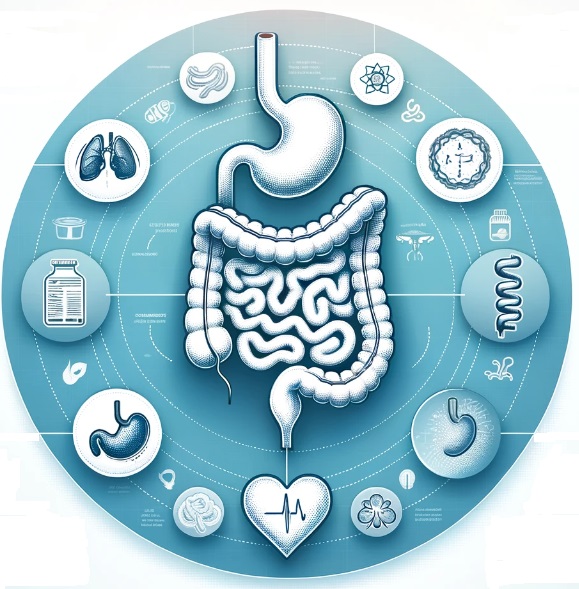
Headache and Fatigue
It's common to experience headaches and fatigue when starting treatment as your body gets used to the medication. These side effects usually improve on their own. Become less severe as you continue with the treatment.
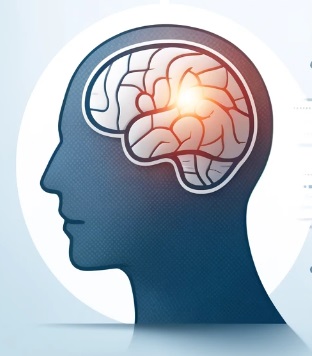
Respiratory Symptoms
Patients might have mild respiratory issues, like coughing and nasal congestion. These symptoms are usually not severe and temporary, often improving without requiring treatment.
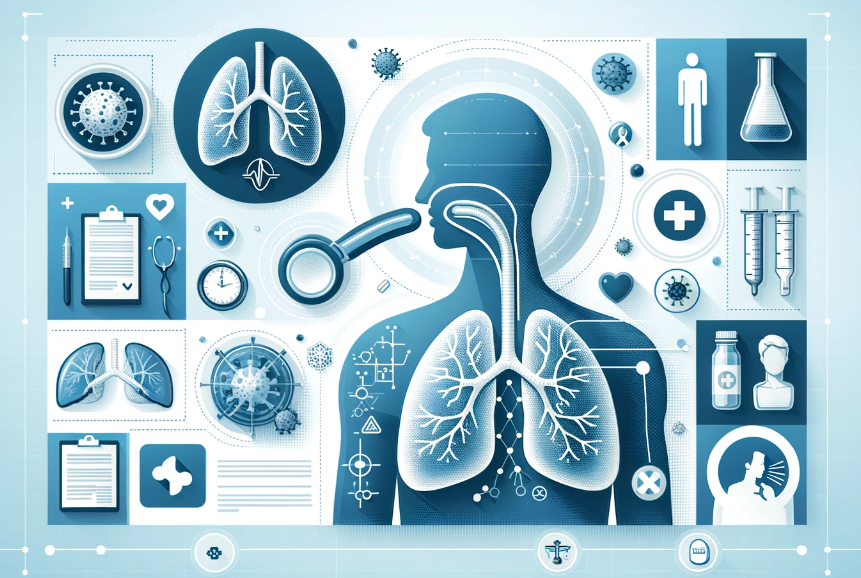
Skin Rashes and Reactions
Skin reactions, such as rashes, are frequently reported and are generally not serious. It is recommended to keep an eye on them to confirm they do not indicate a severe allergic response, which might require medical assessment.
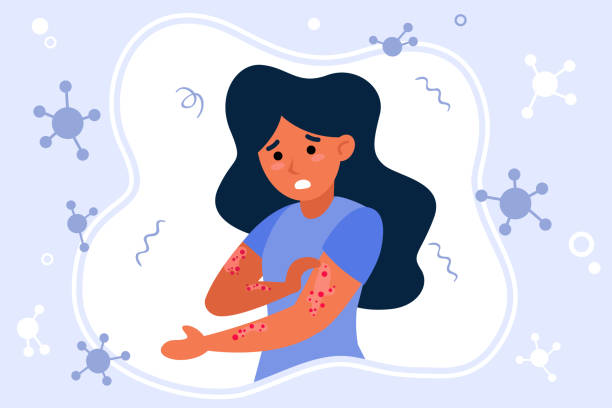
Storage of Epivir Oral Solution
Proper Storage Conditions
To ensure its effectiveness and prolong its shelf life, Epivir Oral Solution must be stored in a dry place away from direct sunlight and moisture. The ideal storage temperature is between 2°C and 8°C (36°F and 46°F). Remember to close the bottle and keep it out of children's reach.
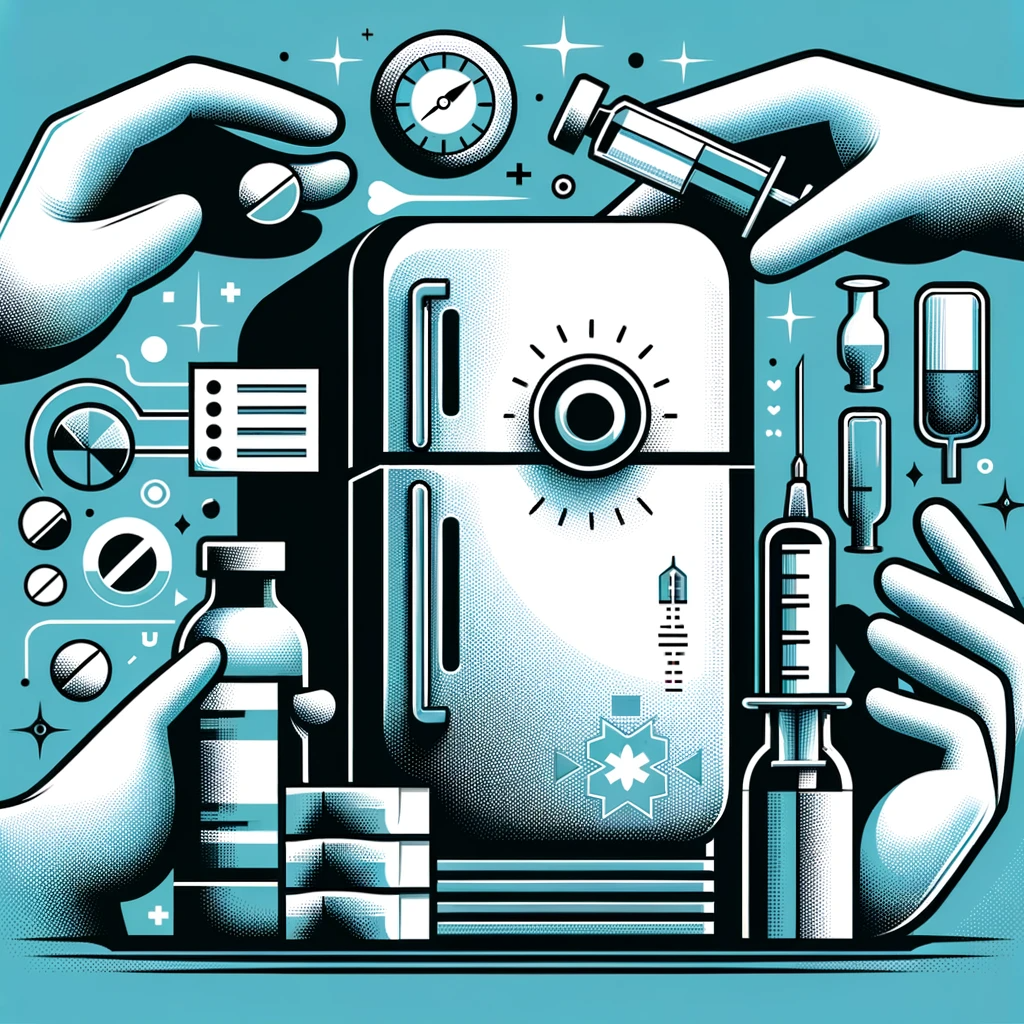
Shelf Life and Expiration Dates
If stored properly, the Epivir Oral Solution lasts around two years from the manufacturing date. Patients need to check the expiration date on the bottle and avoid using the solution after that to maintain safety and effectiveness.
Guidelines for Disposal
Getting rid of Epivir Oral Solution is important to avoid harming the environment or accidental ingestion. Don't throw away expired medication in the sink or trash at home. Instead, bring it back to a pharmacy. Use a local take-back program if one is available.
Interaction with Other Medications
Drug-Drug Interactions
When taking Epivir Oral Solution, being aware of interactions with other medications is essential. One such interaction to note is with:
- Trimethoprim/sulfamethoxazole (co trimoxazole) as it can impact the effectiveness of lamivudine.
- Additionally, it's advisable not to combine Zalcitabine, a nucleoside reverse transcriptase inhibitor, with Epivir Oral Solution, as they might hinder each other's effectiveness.
Impact on Efficacy of Other Medications
The presence of Lamivudine in the blood can. Boost or reduce the effectiveness of other medications. This is crucial for individuals undergoing treatment for hepatitis B since Lamivudine also combats this virus, potentially impacting the dosage and efficiency of hepatitis B treatments.
Advisories for Concurrent Use
Patients should always inform their healthcare provider about all the medications they are using, including those bought over the counter and herbal supplements. This helps healthcare providers adjust treatments to avoid any effects from interactions and ensure that the treatment works as best as possible. It may be necessary for healthcare providers to regularly check and change the doses of medications to keep them at safe levels and prevent any harmful effects.
Warnings and Precautions
Black Box Warnings
Box warnings accompany Epivir Oral Solution, the most severe alert the FDA gives. These warnings emphasize the risk of acidosis and severe hepatomegaly with steatosis conditions, which can have fatal consequences. Patients should be mindful of signs like nausea, tiredness, and breathing difficulties.
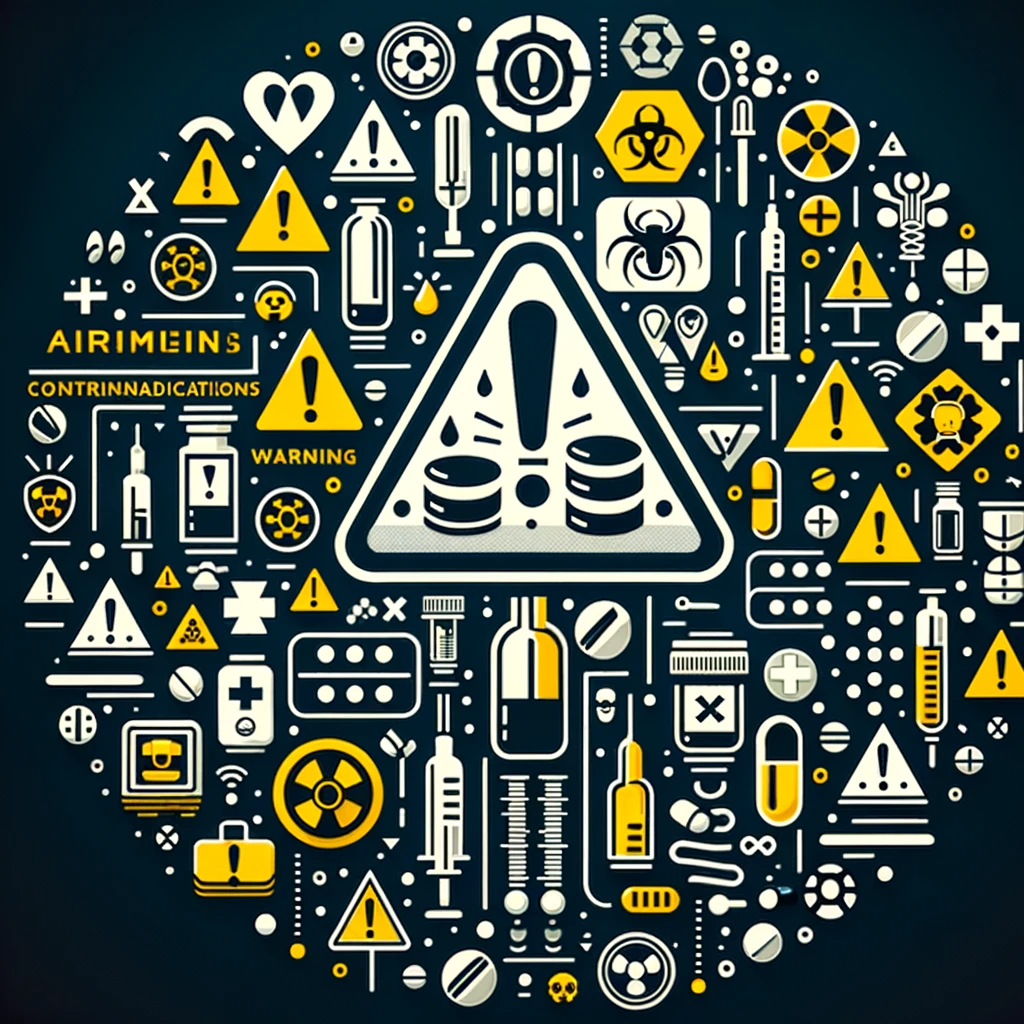
Important Safety Information
People thinking about taking Epivir should know that stopping the medication suddenly can make hepatitis worse for those with hepatitis B. Reducing the dosage, under medical guidance, is recommended to lower this risk.
Monitoring Requirements During Treatment
It's essential to monitor your health when taking Epivir Oral Solution. This means:
- Getting blood tests to check for any issues with your blood
- Keeping an eye on your liver function to make sure it's handling the medication well
- Watching out for any kidney problems, especially if you already have existing kidney issues
Contraindications
Known Hypersensitivity to Epivir
Patients who have shown sensitivity to lamivudine or any ingredient in Epivir should avoid using the medication due to allergic reactions. These reactions can vary from skin irritations to severe cases of anaphylaxis.
Contraindications Based on Medical History
Conditions like existing liver problems or past pancreatitis may make it unsafe to use Epivir as there is a chance of severe side effects. It's essential to examine each patient's medical background before starting treatment.
Relative Contraindications
Patients with kidney problems or those taking medications may need to adjust their doses or try different treatments. These situations are considered contraindications, so they need to be handled with caution and care.
Careful Administration
Assessing Patient History
Healthcare professionals need to review a patient's medical background and current medications before recommending Epivir to pinpoint any potential issues or necessary dosage modifications.
Monitoring Liver Function
Regular liver function tests should be conducted at intervals during the treatment to monitor for liver damage, which is particularly crucial for patients who have both hepatitis B and C infections.
Adjustments in Therapy Based on Response
Depending on how the patient reacts and if there are any side effects, changes to the treatment might be needed. Keeping up with follow-up appointments makes it easier to adjust the treatment plan, improving results and reducing unwanted effects.
Administration to Elderly Patients
Dosage Considerations
Elderly individuals might need modified amounts of Epivir Oral Solution because their liver, kidney, or heart functions can change as they age. It may be essential to use doses or space out the dosing times to adjust for reduced organ function and avoid excessive drug buildup.
Risk of Side Effects in Elderly Patients
Elderly individuals may be more sensitive to the side effects of Epivir, which affect the kidneys and liver. They are also at risk of developing lactic acidosis and severe hepatomegaly, which can be life-threatening if not treated promptly.
Monitoring and Follow-up Care
For individuals taking Epivir, regularly checking the kidney and liver functions is crucial. Consistent follow-up visits are essential to evaluate how well the treatment works and adjust it accordingly based on how the patient responds and any side effects they may experience.
Administration to Pregnant Women and Nursing Mothers
Safety During Pregnancy
Epivir Oral Solution falls into FDA Pregnancy Category C, which means it may be risky for the fetus. Pregnant individuals should weigh the benefits against the risks before using Epivir. It is important to conduct monitoring and risk evaluations before starting treatment.
Transfer Through Breast Milk
Lamivudine, an Epivir component, can be transferred into breast milk. Although the chance of transmitting HIV through breastfeeding is higher than the risks associated with the drug in many situations, it is recommended that mothers taking Epivir refrain from breastfeeding to reduce the risk of passing HIV to their newborns after birth.
Guidelines for Use in Pregnant Women
When making treatment choices for women, it's crucial to take into account individual factors and how medications may affect both the mother and the unborn baby. It's essential to monitor the progress of the pregnancy to keep both the mother and baby safe.
Administration to Children
Pediatric Safety and Efficacy
Epivir Oral Solution has been deemed safe and effective for children, as confirmed by research. This medication has been shown to lower viral levels and enhance immune system function when incorporated into a combination of antiretroviral treatments.
Dosage Adjustments for Age and Weight
The amount of Epivir given to children depends on their weight and age to achieve the treatment results. It's essential to adjust the doses precisely to prevent giving too little or too much, as that could reduce effectiveness or lead to more side effects.
Long-term Monitoring in Children
Regularly checking on children who are taking Epivir for a period includes monitoring their growth, development, and organ function. Because children are in a growth phase, it's important to watch how they respond to long-term antiretroviral treatment to quickly address any possible negative effects or treatment issues.
Overdosage
Symptoms of Overdose
Taking too much Epivir Oral Solution can lead to the worsening of its usual side effects. Individuals may suffer from nausea, vomiting, and diarrhea, along with neurological issues like dizziness and confusion. In some situations, liver enlargement and metabolic acidosis could also arise.

Immediate Actions and Treatment
It's essential to act after taking too much Epivir. The first steps involve stopping the medication, checking vital signs, and getting prompt medical attention. It's crucial to receive care and monitoring in a medical setting to handle symptoms effectively. In some cases, hemodialysis might be an option to speed up the removal of the drug since lamivudine can be dialyzed.
Long-term Effects and Recovery
The outcomes of taking too much Epivir are determined by how serious the situation is and how quickly treatment is given. If you get proper medical care, you can fully recover without any lasting consequences. Still, it's advisable to watch out for liver or kidney problems after recovering.
Handling Precautions
Safe Handling Practices
It is important to handle Epivir Oral Solution to keep it safe and avoid wasting the medication. Healthcare professionals and patients should follow these guidelines;
- Use gloves when touching the medication to protect your skin.
- Ensure the cap is tightly closed after each use to prevent spills and keep the medication effective.
Avoiding Contamination
To maintain the purity of Epivir Oral Solution, it's essential to refrain from touching the dispensing tip and store the container securely in a clean, dry location. Patients and healthcare professionals should understand the significance of not sharing the medication with others and utilizing a measuring tool for dosage.
Emergency Procedures for Accidental Exposure
In case of exposure like swallowing or touching the skin, you should take these emergency steps right away;
- Clean the area well with soap and water if the skin comes into contact with it.
- If someone accidentally swallows the medication, seek advice promptly to determine if medical treatment is necessary.
- When there's a spill, clean up the area, wear gloves, and use a disposable cloth to prevent further exposure.


